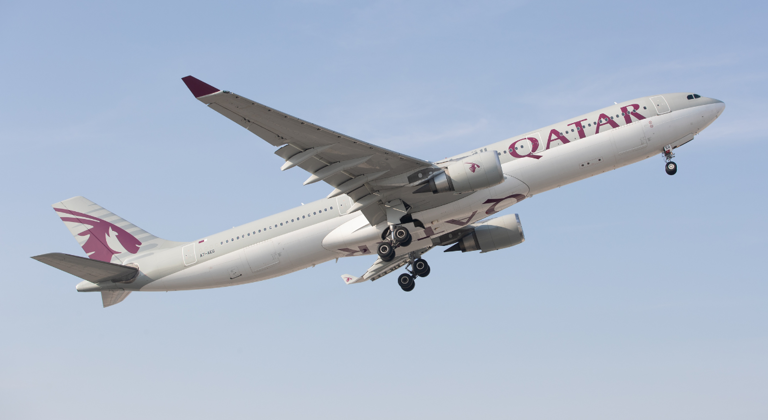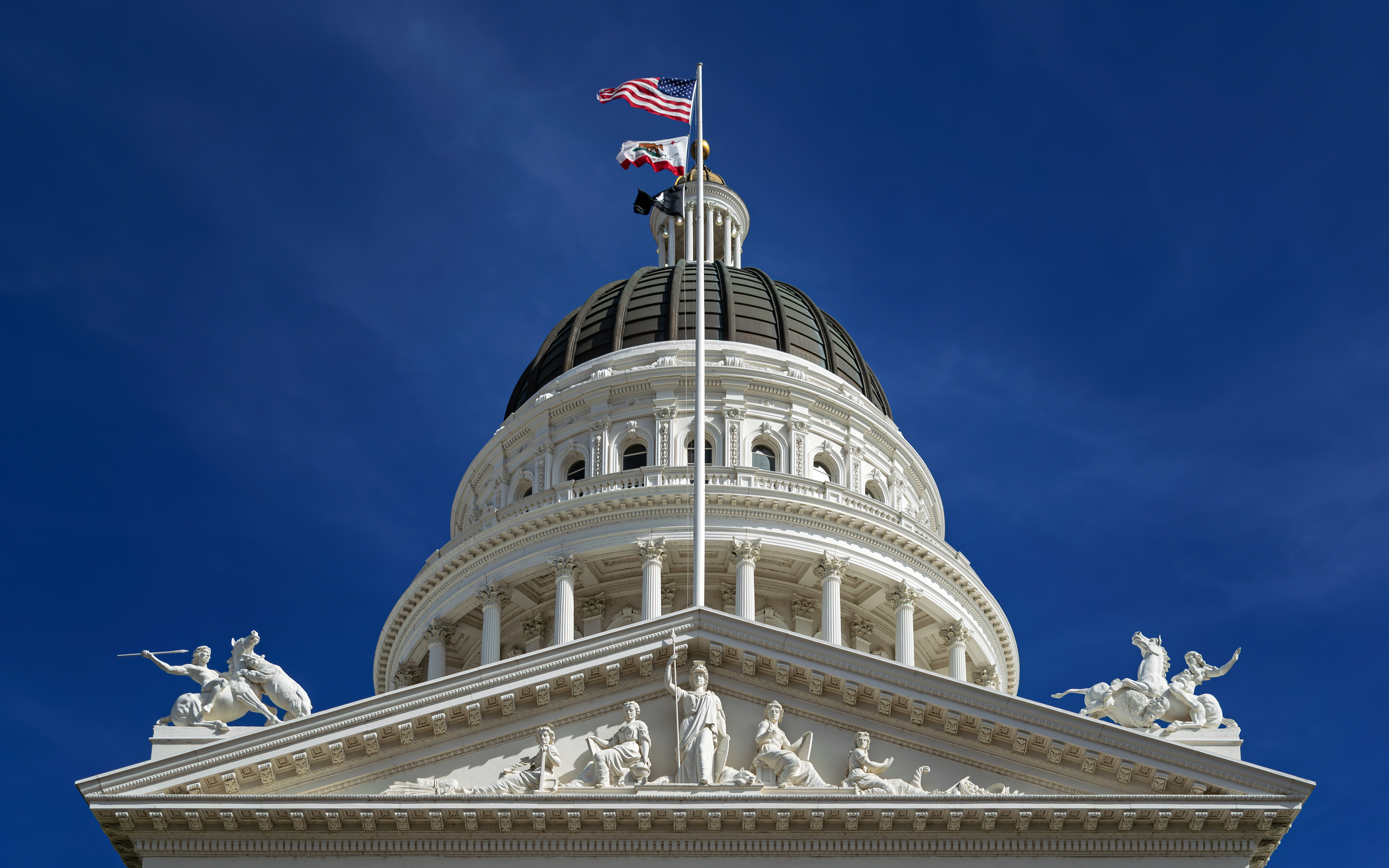Qatar Airways made history on January 7, 2025, by becoming the first major international airline to resume scheduled flights to Damascus International Airport since the Syrian civil war began in 2011. This landmark decision signals a potential turning point in Syria’s international isolation and raises critical questions about the country’s political stability and America’s regional influence.
Breaking Decades of Aviation Isolation
The resumption of commercial aviation to Syria represents more than just restored air connectivity – it symbolizes the gradual normalization of relations with a regime that has been internationally ostracized for over a decade. Qatar Airways’ decision to restart Damascus flights demonstrates confidence in Syrian airspace security and government stability that other international carriers have yet to embrace.
This move comes after years of diplomatic isolation that saw most international airlines suspend Syrian operations due to ongoing conflict, safety concerns, and international sanctions. The fact that Qatar, a regional power with significant international connections, chose to break this isolation suggests broader geopolitical shifts in Middle Eastern dynamics.
The timing of this announcement coincides with various regional powers reassessing their relationships with Damascus, particularly as the active phase of the Syrian conflict has largely concluded with the Assad government maintaining control over most of the country’s territory and population centers.
Strategic Implications for Regional Power Balance
Qatar’s decision to resume Syrian flights reflects the country’s independent foreign policy approach and willingness to engage with controversial regimes when it serves national interests. This move positions Qatar as a bridge between Syria and the broader international community, potentially enhancing its role as a regional mediator and diplomatic hub.
The flight resumption also demonstrates how regional powers are moving ahead with Syrian normalization regardless of American preferences. While the United States maintains sanctions and refuses to recognize Assad’s legitimacy, Middle Eastern nations are pursuing pragmatic engagement that reflects current realities rather than desired outcomes.
For Syria, Qatar Airways’ return provides crucial international connectivity that can facilitate economic recovery, diplomatic engagement, and the gradual reintegration into regional and global systems. This aviation link could serve as a catalyst for other international airlines to reconsider their Syrian operations.
Economic and Humanitarian Considerations
The restoration of international flights to Damascus addresses practical needs for Syrian citizens, diaspora communities, and international organizations operating in the country. After years of limited connectivity through regional airports and circuitous routing, direct flights provide essential links for families, businesses, and humanitarian operations.
Qatar Airways’ decision likely reflects business calculations about Syria’s economic potential and the pent-up demand for air travel to and from Damascus. The airline’s reputation for serving challenging destinations positions it to capitalize on Syrian market opportunities that other carriers might avoid due to reputational concerns.
The flight resumption also enables improved humanitarian access, allowing international organizations and aid workers more efficient transportation to Syria. This could enhance humanitarian operations and reconstruction efforts, though it also raises questions about legitimizing a government accused of war crimes against its own people.
American Policy Challenges and Regional Isolation
Qatar Airways’ move highlights the growing disconnect between American policy objectives and regional realities in the Middle East. While Washington maintains maximum pressure campaigns and refuses engagement with Damascus, regional allies and partners are pursuing independent approaches that reflect their immediate interests and geographic constraints.
This development demonstrates how American influence in the Middle East faces practical limitations when regional actors prioritize stability, economic opportunity, and pragmatic engagement over ideological consistency with U.S. foreign policy positions. Qatar’s willingness to engage Syria despite American disapproval reflects broader trends in Middle Eastern diplomacy.
For American policymakers, the Syrian flight resumption represents another example of allies and partners moving ahead with policies that undermine U.S. isolation strategies. This pattern, seen also in regional engagement with Iran and other sanctioned regimes, suggests declining American leverage over allied decision-making.
Implications for Syrian Normalization
The Qatar Airways flight resumption could accelerate broader Syrian normalization efforts, particularly within the Arab League and among regional powers seeking to balance Iranian influence in Damascus. As commercial aviation returns, other forms of economic and diplomatic engagement may follow, gradually eroding Syria’s international isolation.
This development also tests international resolve regarding accountability for Syrian government actions during the civil war. The gradual normalization of relations without meaningful accountability measures sends signals about the international community’s priorities and the effectiveness of isolation as a policy tool.
For Syria itself, the flight resumption represents validation of its survival strategy and potential vindication of its decision to resist international pressure. The Assad government can point to restored aviation links as evidence of its legitimacy and the failure of international efforts to force regime change.
As Qatar Airways prepares to operate regular Damascus flights, the international community faces complex questions about engagement, accountability, and the balance between moral positions and practical realities. The success or failure of this aviation resumption will influence broader debates about Syrian policy and the effectiveness of international pressure campaigns in shaping regime behavior.







